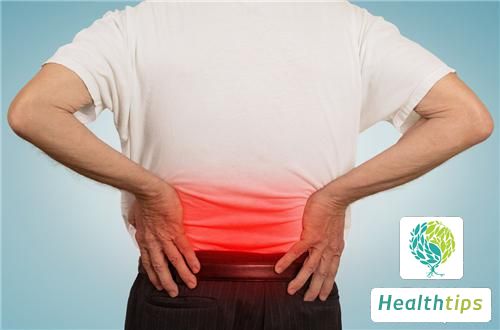How Should I Regulate My Body?
Physical and Mental Strength in Modern Times
In this era of physical and mental challenges, having a high-quality life first requires maintaining a healthy body. However, due to various factors, most people find themselves in a sub-healthy state. It is crucial to actively regulate one's body in such situations, as neglecting this can lead to decreased physical fitness, affecting work and life, and potentially triggering various illnesses. Therefore, it is essential to understand how to effectively regulate one's health.

Here are some key strategies:
- Balanced and Nutritious Diet: A sub-healthy state often requires dietary adjustments. Focus on obtaining essential nutrients while avoiding excessive eating. Mealtimes should be regular, and skipping meals due to busy schedules should be avoided. Incorporate a variety of vitamins, minerals, and inorganic salts into your diet, and consider incorporating medicinal dietary supplements as appropriate.
- Regular Schedule and Adequate Sleep: Many people enter a sub-healthy state due to extended work hours, unnecessary late nights, and insufficient sleep. It is crucial to ensure adequate and high-quality sleep. Establish a consistent sleep schedule, avoiding irregular sleep patterns.
- Regular Exercise: Exercise enhances physical strength, maintains health, and improves resistance to illness. Many sub-healthy individuals lack regular exercise, leading to decreased physical fitness and chronic fatigue. Recommended activities include aerobic exercises like running and playing sports, along with calisthenics and self-massage. However, exercise should be controlled to avoid overexertion.
- Emotional Control and Stress Management: Emotional stability is crucial for maintaining health. It is essential to manage negative emotions, releasing them rather than suppressing them. Cultivate hobbies, cope with work and life pressures, and adopt an optimistic attitude to enhance enjoyment and reduce stress.
- Social Activities: Excessive solitude can lead to social isolation and fear. Appropriate social engagement broadens horizons, enhances knowledge, and promotes the enjoyment of life and friendships. Social interactions also provide an outlet for relieving negative emotions.
- EHC Sub-Health Assessment: Professional healthcare institutions offer EHC sub-health assessments that evaluate intestinal metabolism, sugar metabolism, chronic inflammation, hormones, stress levels, detoxification function, and basic blood function to assess overall health status. Preventive measures are better than waiting for health issues to arise.
Instead of waiting for sub-health issues to arise and then addressing them, it is better to enhance prevention awareness and avoid entering this state altogether.



















